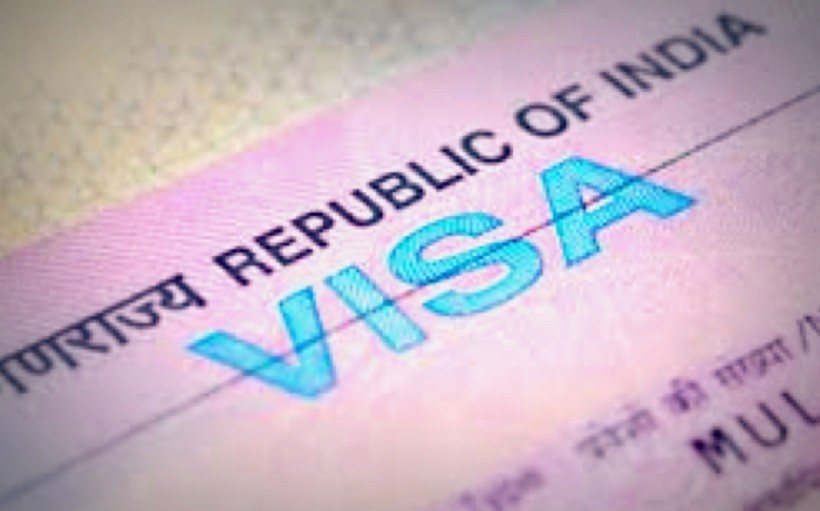India, with its rich cultural heritage and diverse landscapes, attracts visitors from around the globe. To facilitate travel and stay, the Indian government offers various types of visas tailored to different purposes. Understanding these visa types is crucial for smooth entry and stay in the country. TYPES OF INDIAN VISA
Tourist Visa
Tourist visas are intended for individuals visiting India for leisure, sightseeing, or casual visits to friends and relatives. They are typically granted for short durations, usually ranging from 30 days to six months, depending on the applicant’s nationality and other factors. Tourist visas can often be extended if needed, with proper documentation and justification.
Business Visa
Business visas are for individuals traveling to India for business-related purposes such as meetings, conferences, or exploring business opportunities. Applicants are required to provide details of their business activities and may need an invitation from an Indian business entity. The duration of a business visa varies based on the nature of the visit and can be extended in certain cases.
Employment Visa
Employment visas are for foreign nationals intending to work in India. They are granted to skilled professionals, including engineers, teachers, IT professionals, etc. The validity of an employment visa depends on the terms of employment and can be extended as per regulations. Applicants need to provide proof of employment from an Indian company. INDIAN VISA TYPES
Student Visa
Student visas are for individuals seeking to pursue education in India at recognized institutions. Applicants must have confirmation of acceptance from a recognized educational institution in India. The duration of a student visa is generally aligned with the duration of the academic course, and extensions are possible for further studies or research.
Medical Visa
Medical visas are granted to foreign nationals seeking medical treatment in India. Applicants need to provide a medical certificate from a recognized hospital or medical facility in India, detailing the treatment required. Medical visas are usually granted for specific medical procedures and can be extended based on medical recommendations.
Conference Visa
Conference visas are for attendees of conferences, seminars, or workshops held in India. Applicants need an invitation from the conference organizers and details of the event they plan to attend. Conference visas are typically granted for the duration of the event and can be extended if necessary.
Journalist Visa
Journalist visas are for professional journalists and media personnel visiting India for journalistic activities. Applicants need to provide proof of their profession and an undertaking from their employer regarding the purpose of the visit. Journalist visas are subject to specific regulations, and renewal may require additional documentation.
Research Visa
Research visas are for individuals engaged in research work in India. Applicants need to provide details of their research project and an invitation from a recognized research institution in India. Research visas are usually granted for the duration of the research project and can be extended as per requirements.
Transit Visa
Transit visas are for travelers transiting through India to reach their final destination. They are typically valid for short durations, allowing travelers to stay in India for a specific period while in transit. Transit visas are granted based on proof of onward travel and valid visas for the final destination.
Missionary Visa
Missionary visas are for individuals engaged in religious or missionary activities in India. Applicants need to provide details of their organization and the purpose of their visit. Missionary visas are subject to specific regulations and may require clearance from the Ministry of Home Affairs.
Intern Visa
Intern visas are for foreign nationals interning with Indian companies, institutions, or NGOs. Applicants need to provide details of their internship program and an undertaking from the host organization. Intern visas are granted for the duration of the internship and can be extended as per requirements.
Film Visa
Film visas are for foreign film crews shooting documentaries, feature films, or commercials in India. Applicants need to provide details of their film project and obtain clearance from the Ministry of Information and Broadcasting. Film visas are granted for the duration of the film project and can be extended as per regulations.
Diplomatic Visa
Diplomatic visas are for diplomats, government officials, and representatives of international organizations visiting India on official duty. Diplomatic visas are granted based on diplomatic protocols and reciprocal agreements between countries. They are usually valid for the duration of the official assignment.
Conclusion
Understanding the various types of Indian visas is essential for individuals planning to visit or stay in India for different purposes. Each visa category has specific eligibility criteria, documentation requirements, and application procedures. Choosing the right visa type ensures a smooth and hassle-free experience during entry and stay in the country.

